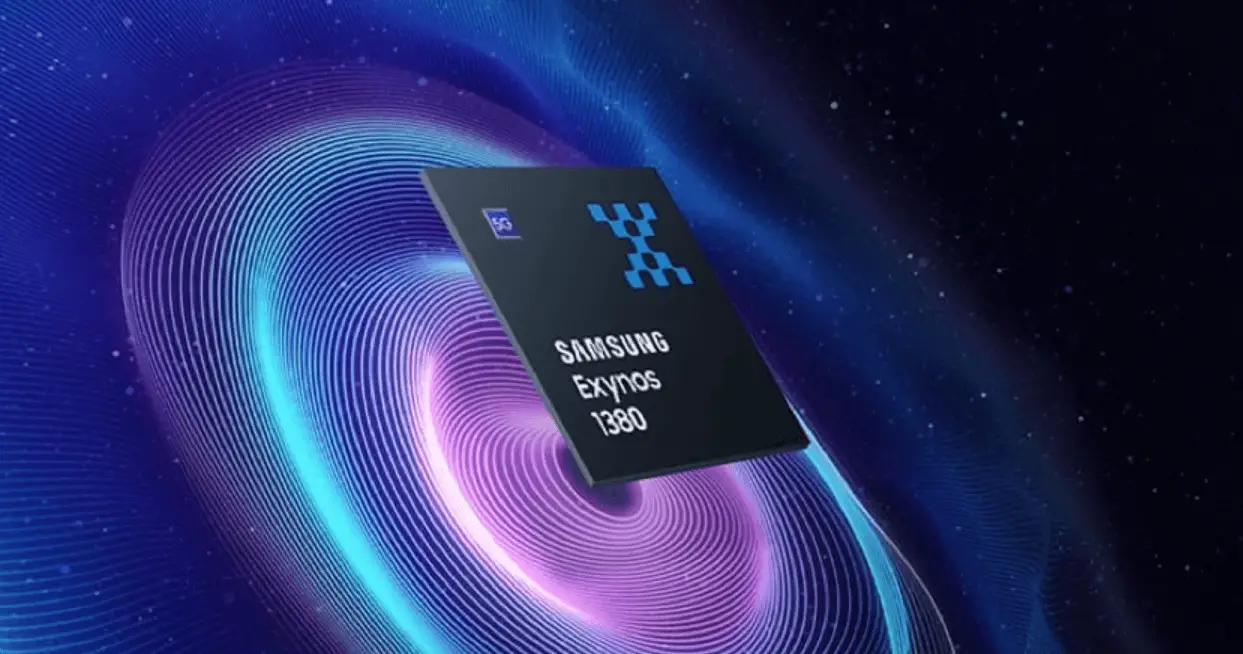Samsung’s Exynos was supposed to be the company’s approach to how Apple developed its own A-series of chipsets for its iPhones, and was also supposed to show that Samsung could compete in the chipset space.
Unfortunately, over the years, Qualcomm has managed to outpace Samsung to the point where Samsung’s customers were fed up with receiving Exynos chipsets in their phones, especially since they were paying the same price as those who received Qualcomm’s Snapdragon chipsets.
1/4
Exynos 2400 on progressfinal spec, packaging method, etc still in negotiation between division
samsung 2.5D & 3D packaging method finally mature for all designs, thanks to synopsys
first exynos with 2.5D I-CubeS https://t.co/y1nG40pn6I
— RGcloudS (@RGcloudS) July 12, 2023
That could change next year with the Galaxy S24. According to a tweet by tipster RGcloudS, it seems that Samsung is working on a new Exynos chipset that could debut in the Galaxy S24 called the Exynos 2400. One of the biggest changes is how Samsung is bumping up the number of cores in the chipset to 10.
Right now, the majority of chipsets in the market still rely on an octa-core setup, but with a 10-core chipset, Samsung could introduce an Exynos chipset that will pack a punch. According to the leaked specs, it is said to use a 3D X-Cube package which features L3 32MB, L2 2MB, and L1 256KB caches.
It is also apparently going to be packaged using the Of-WLP or Fan-out water-level method, which means that it will be thinner and more efficient. On paper all of this sounds impressive, but how it performs in the real world remains to be seen, especially with the upcoming launch of the Qualcomm Snapdragon 8 Gen 3 which we’re sure many comparisons will be drawn.












Comments